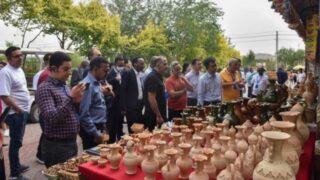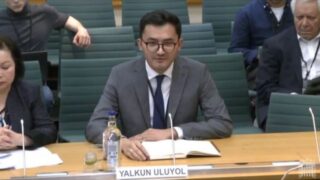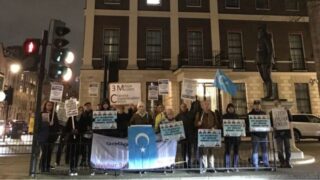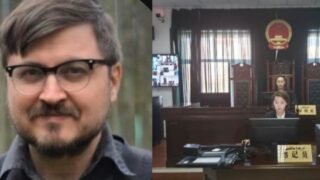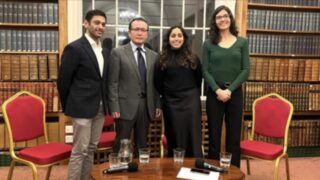On November 24, 2022, in a building whose doors were locked from the outside because of the Zero COVID policy, 44 Uyghurs died. It was part of the genocide.
by Kok Bayraq and Rebiya Kadeer*
*Rebiya Kadeer, who co-authored this article, is the former President of the World Uyghur Congress


One year has passed since the November 24 Urumqi Fire. Maybe the world has forgotten that, but we Uyghurs haven’t. Because that day, Uyghurs experienced a tragedy that has never happened to any nation in human history.
On that day, 44 people lost their lives in a fire that broke out in an 18-storey building where Uyghurs lived in Urumqi. The majority of these people were mothers and children. The screams of mothers and children coming out of the fire spread through the buildings to Urumqi and reached the world via the internet; but no one could help them. Because this was the period when the region was under lockdown with China’s plan to reduce the COVID to zero, and therefore the doors of buildings and houses were locked from the outside. Moreover, since the parents and husbands of some of those who burned in the fire were in prisons and camps, women and children in the buildings did not have the physical strength to break down the doors.
The neighbors in the surrounding buildings heard the screams of those suffering in the fire and were heartbroken, but they could not come to help because the doors of their buildings were also locked from the outside. Chinese firefighters could not immediately approach the building due to natural and human-made reasons, such as surrounding the building with ropes and wooden barriers created as further COVID lockdown measures.
Due to the distance and height of the building, fire hoses could not reach it. China’s military and police forces did not show the same courage and skill in saving these helpless people as they did in the “terror” incidents in the region.
China kept the identities and numbers of those who lost their lives in the tragedy secret. Questions of the Uyghur activists left unanswered include: Were the victims’ bodies buried according to their Muslim tradition? More importantly, was the tragedy reported to family members in prisons and camps and were they included in the death ceremony? Have families been given compensation or assistance?
So far, we only know the identity of a mother and her three children among the 44 people who lost their lives in the accident, thanks to Radio Free Asia. They were Qembernisa (48), Shehide (13), Abdurahman (9), and Nehdiye (5). The reason this is known is that Qembernisa’s other two children are studying in Turkey.
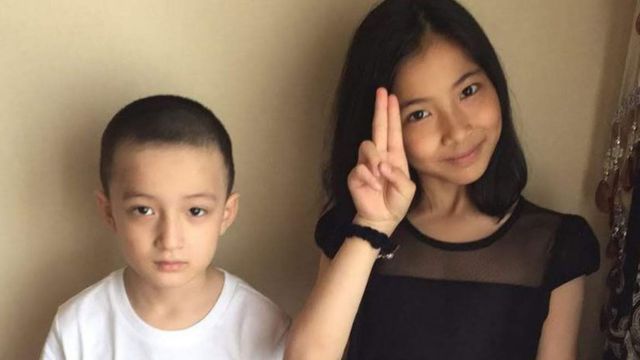

Yes, on November 24, 44 people burned and suffocated in the fire for three hours and died while mothers were holding their babies in their arms, children were running from one corner of the room to another, and from the wall to another wall, and some died jumping from the windows.
The world may have forgotten this scene, but we haven’t, and we never will. They were a vulnerable part of our entire society that experienced the disaster of the concentration camps. Even when there was no fire, they were burning in the fire of the drama of the arrested parents and their relatives. One example: while Qembernisa and her three children were burning, her husband Metniyaz Memeteli and their son Ilyas Memeteli were serving jail terms in Urumqi Prison. We could not hold China accountable for this disaster then, but we believe history one day will.
We do not forget that in these terrible days, the Turkish government expressed its condolences to our people in a press release. The European Parliament called on China to make a clear statement about the tragedy and hold those responsible accountable. However, the culprits did not respond.
On this painful commemoration day, we remind the world community of this truth. If the investigation of the murder is entrusted to the murderer, the field will be covered by the seeds of hostility, not the light of justice.
The Urumqi fire tragedy of November 24, 2022, is a typical scene of the Uyghur genocide. We call on every individual and institution that see themselves as a part of humanity to remember this scene and learn the appropriate lessons.


